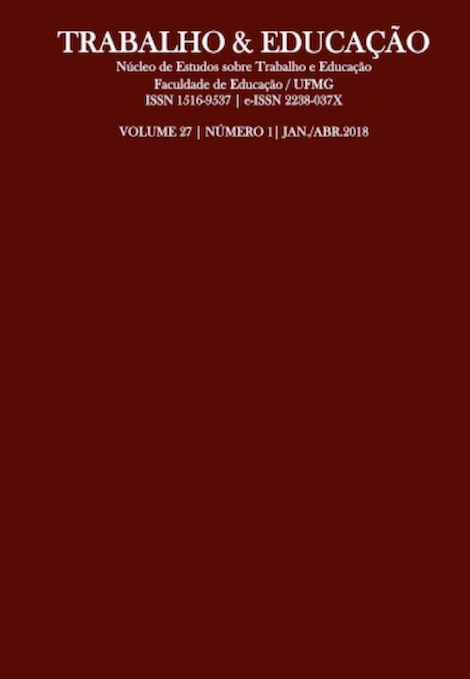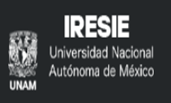ESCOLARIZAR O CAMPESINATO OU CAMPESINAR A ESCOLA? UMA EXPERIÊNCIA DE ESCOLA EM ALTERNÂNCIA NO NORTE DO ESPÍRITO SANTO | Schooling the peasantry or making school a peasantry? An alternate school experience in the North of the Espírito Santo state, in Brazil
Palavras-chave:
Educação do Campo, Pedagogia da Alternância, Trabalho e Educação, Field Education, Pedagogy of Alternation, Work and educationResumo
The thesis discusses the relationship between study and peasant work in a Family Center in Alternation Training (CEFFA), in a school located in the north of the state of Espírito Santo and territorialized from the presence of work and peasant movement. It is a qualitative research that used interviews, talk wheels, documentary analysis and cartographic organization. In the theoretical framework, we discuss Rural Education as a conservative state project and present some of its historical phases and affiliations; Popular Education as a popular resistance constructed from the collective and popular classes perspective; the Field Education as the contradictory synthesis between Rural Education and Popular Education, which proposes a rural school, when claiming public policies for the construction of peasant right to education and reparation of the historical debt of the State with that territory. We defend the peasantry as a social class and way of life that has survived different modes of production; the Agribusiness as agent of the capital in the field and with a current campaign in the cultural scope and; Agroecology as peasant resistance, and as a process under construction. The Pedagogy of Alternation and the linking of work ...
___
A tese discute a relação entre estudo e trabalho camponês em um Centro Familiar em Formação em Alternância (CEFFA), em uma escola, situada no Norte do estado do Espírito Santo e territorializada a partir da presença do trabalho e movimento camponês. Trata-se de uma pesquisa qualitativa que utilizou entrevistas, rodas de conversa, analise documental e organização cartográfica. No referencial teórico, discutimos a Educação Rural, como um projeto conservador de Estado e apresentamos algumas de suas fases e afiliações históricas; a Educação Popular como uma resistência popular construída na perspectiva coletiva e das classes populares e; a Educação do Campo como a síntese contraditória entre a Educação Rural e a Educação Popular, que propõe uma escola do campo, ao reivindicar políticas públicas para a construção do direito camponês à educação e reparação da dívida histórica do Estado com esse território. Defendemos o campesinato como classe social e modo de vida que sobreviveu a diferentes modos de produção; o Agronegócio como agente do capital no campo e com uma atual campanha no âmbito cultural e; a Agroecologia como resistência camponesa, e como um processo em construção. A Pedagogia da Alternância e a vinculação do trabalho...













